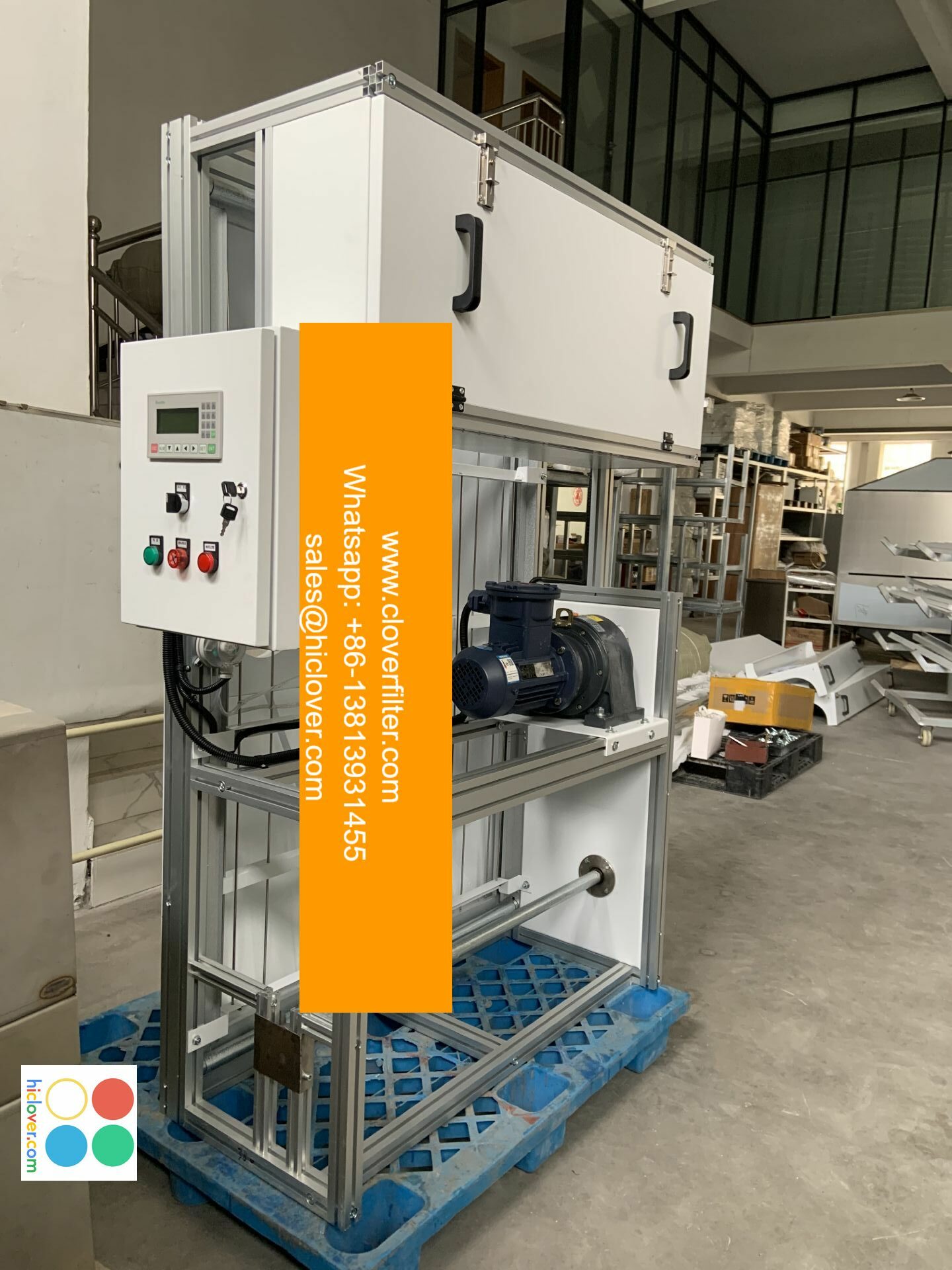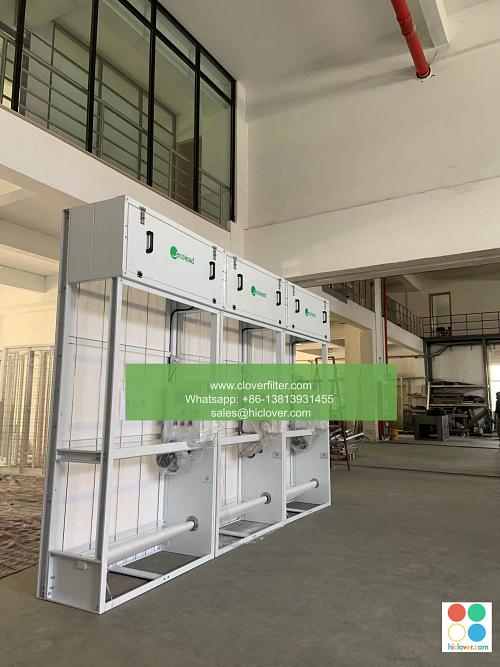Enhancing Food Safety with Advanced Air Filtration Systems

The food industry is a complex and highly regulated sector, where ensuring the quality and safety of products is of utmost importance. One critical aspect of food safety is the quality of the air in food processing and manufacturing facilities. Airborne contaminants, such as dust, bacteria, and other microorganisms, can easily compromise the safety and quality of food products. Advanced air filtration systems have emerged as a vital tool in enhancing food safety by removing airborne contaminants and creating a clean environment for food processing and packaging.
Traditional air filtration systems, such as HEPA filters, have been widely used in the food industry to remove airborne particles and contaminants. However, these systems have limitations, including low filtration efficiency, high maintenance costs, and limited effectiveness against certain types of contaminants. Advanced air filtration systems, on the other hand, utilize cutting-edge technologies, such as ultraviolet (UV) light, ionization, and nano-filtration, to provide superior air purification and contamination control.
One of the key benefits of advanced air filtration systems is their ability to remove a wide range of airborne contaminants, including bacteria, viruses, and other microorganisms. These systems can also capture volatile organic compounds (VOCs), dust, and other particles that can affect food quality and safety. By creating a clean and controlled environment, advanced air filtration systems can help food manufacturers reduce the risk of contamination, improve product quality, and minimize the risk of foodborne illnesses.
In addition to improving food safety, advanced air filtration systems can also help food manufacturers reduce energy costs, improve equipment reliability, and extend the shelf life of food products. By removing airborne contaminants and moisture, these systems can help prevent equipment corrosion, reduce the need for frequent cleaning and maintenance, and create a more stable environment for food processing and storage.
The implementation of advanced air filtration systems in food manufacturing facilities can be tailored to meet specific needs and requirements. For example, some systems may be designed to provide general ventilation and air purification, while others may be specifically designed to control contamination in high-risk areas, such as packaging and filling lines. Food manufacturers can also integrate advanced air filtration systems with other safety protocols, such as HACCP (Hazard Analysis and Critical Control Points) and sanitation standard operating procedures (SSOPs), to create a comprehensive food safety program.
When selecting an advanced air filtration system, food manufacturers should consider several factors, including the type and level of contamination, airflow rates, and maintenance requirements. They should also look for systems that are easy to install, operate, and maintain, and that meet relevant regulatory standards and guidelines. Additionally, food manufacturers should consider the total cost of ownership, including energy costs, maintenance costs, and the cost of replacement filters and parts.
In conclusion, advanced air filtration systems are a critical component of a comprehensive food safety program. By removing airborne contaminants and creating a clean environment for food processing and packaging, these systems can help food manufacturers enhance product quality, reduce the risk of contamination, and minimize the risk of foodborne illnesses. As the food industry continues to evolve and become more complex, the importance of advanced air filtration systems will only continue to grow.
Conclusion
In summary, advanced air filtration systems are a vital tool in enhancing food safety and quality. By providing superior air purification and contamination control, these systems can help food manufacturers reduce the risk of contamination, improve product quality, and minimize the risk of foodborne illnesses. As the food industry continues to evolve, it is essential that food manufacturers prioritize the implementation of advanced air filtration systems to ensure the safety and quality of their products.
FAQs
Q: What are the benefits of advanced air filtration systems in food manufacturing facilities?
A: Advanced air filtration systems can help food manufacturers enhance product quality, reduce the risk of contamination, and minimize the risk of foodborne illnesses. They can also help reduce energy costs, improve equipment reliability, and extend the shelf life of food products.
Q: What types of contaminants can advanced air filtration systems remove?
A: Advanced air filtration systems can remove a wide range of airborne contaminants, including bacteria, viruses, VOCs, dust, and other particles that can affect food quality and safety.
Q: How do advanced air filtration systems differ from traditional air filtration systems?
A: Advanced air filtration systems utilize cutting-edge technologies, such as UV light, ionization, and nano-filtration, to provide superior air purification and contamination control. They are also designed to be more efficient, reliable, and low-maintenance than traditional air filtration systems.
Q: What factors should food manufacturers consider when selecting an advanced air filtration system?
A: Food manufacturers should consider the type and level of contamination, airflow rates, maintenance requirements, and total cost of ownership when selecting an advanced air filtration system. They should also look for systems that are easy to install, operate, and maintain, and that meet relevant regulatory standards and guidelines.

